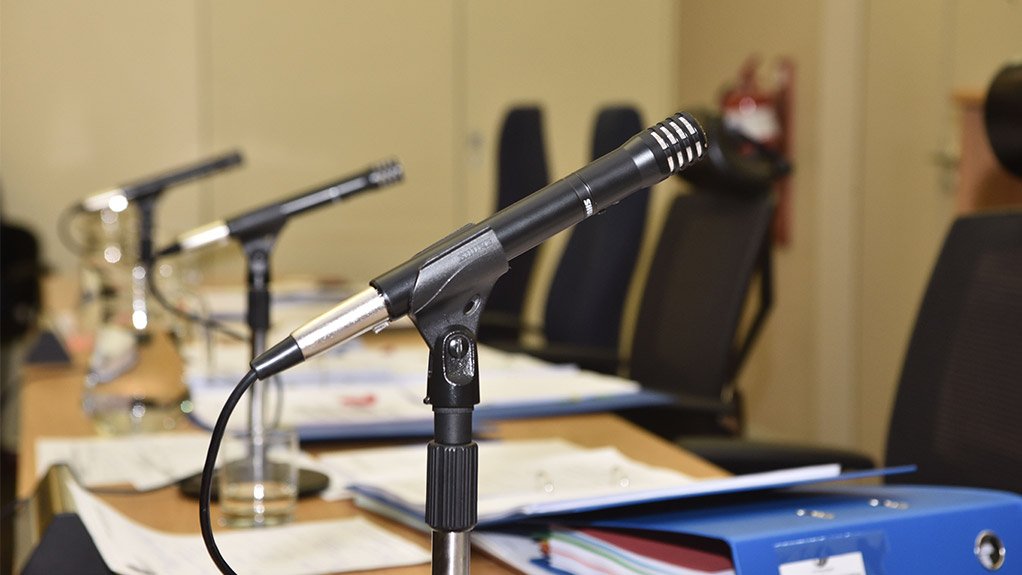/ MEDIA STATEMENT / The content on this page is not written by Polity.org.za, but is supplied by third parties. This content does not constitute news reporting by Polity.org.za.
The Tribunal has confirmed a consent agreement concluded between the Competition Commission (“the Commission”) and Panasonic Corporation (“Panasonic”).
The Commission accuses Panasonic and Denso Corporation (both being companies incorporated in terms of the laws of Japan) of contravening section 4(1)(b) of the Competition Act (the Act) i.e. restrictive practices between competitors.
Panasonic does not admit that it had contravened section 4(1)(b) of the Act. However, it has agreed to the following, among others, in terms of the consent agreement:
To pay an administrative penalty of R537 980 (five hundred and thirty-seven thousand, nine hundred and eighty Rand);
To prepare and circulate a statement summarizing the contents of the consent agreement to its employees, managers and directors that are employed in the specific automotive parts operations of Panasonic implicated in the cartel instances listed in the consent agreement;
To refrain from engaging in conduct in contravention of section 4(1)(b) of the Act in future; and
To continue to implement and monitor its existing competition law compliance programme as part of its corporate governance policy.
The Tribunal’s order and the consent agreement will be made available on the Tribunal’s website in due course at www.comptrib.co.za
Background
According to the consent agreement, the Commission “received information that suggests that Panasonic and Denso concluded a general agreement and/or were party to concerted practices to fix prices that they would quote to original equipment manufacturers (“OEMs”), divide markets and tender collusively in respect of Requests for Quotations (“RFQs”) in the market for the manufacture and supply of automotive components to OEMs, both within and outside of South Africa, in contravention of sections 4(1)(b)(i), 4(1)(b)(ii) and 4(1)(b)(iii) of the Act.”
The Commission’s investigation against Panasonic and Denso, according to the consent agreement, revealed the following cartel instances:
“On or about 2007, Panasonic and Denso agreed and/or were party to a concerted practice to fix prices, divide markets and tender collusively on RFQs in the market for the manufacture and supply of Clearance Sonar System (Honda NY Civic) to OEMs outside of South Africa.
On or about 2007 and 2008, Panasonic and Denso agreed and/or were party to a concerted practice to fix prices, divide markets and tender collusively on RFQs in the market for the manufacture and supply of Clearance Sonar System (Toyota: Lexus and Prius) to OEMs outside of South Africa.
On or about 2006, Panasonic and Denso agreed and/or were party to a concerted practice to fix prices, divide markets and tender collusively on RFQs in the market for the manufacture and supply of Relays (Toyota Prius) to OEMs outside of South Africa.
On or about 2005, Panasonic and Denso agreed and/or were party to a concerted practice to fix prices, divide markets and tender collusively on RFQs in the market for the manufacture and supply of TW Sensor (Honda) to OEMs, both within and outside of South Africa.
On or about 1998, Panasonic and Denso were part of a group meeting called “Rokusha-kai Group Meeting” wherein they agreed and/or were party to a concerted practice to fix prices, divide markets and tender collusively on RFQs in the market for the manufacture and supply of Ballast and LED driver to OEMs outside of South Africa.
On or about 2005, Panasonic and Denso agreed and/or were party to a concerted practice to fix prices, divide markets and tender collusively on RFQs in the market for the manufacture and supply of Ballasts (Daihatsu) to OEMs outside of South Africa.
On or about 2007, Panasonic and Denso were part of a group meeting called “Nichireki Group Meeting” wherein they agreed and/or were party to a concerted practice to fix prices, divide markets and tender collusively on RFQs in the market for the manufacture and supply of Air Conditioning Products and System to OEMs outside of South Africa.”
The consent agreement, upon confirmation as an order of the Tribunal, concludes the proceedings between the Commission and Panasonic.
Issued by The Competition Tribunal
EMAIL THIS ARTICLE SAVE THIS ARTICLE ARTICLE ENQUIRY
To subscribe email subscriptions@creamermedia.co.za or click here
To advertise email advertising@creamermedia.co.za or click here











